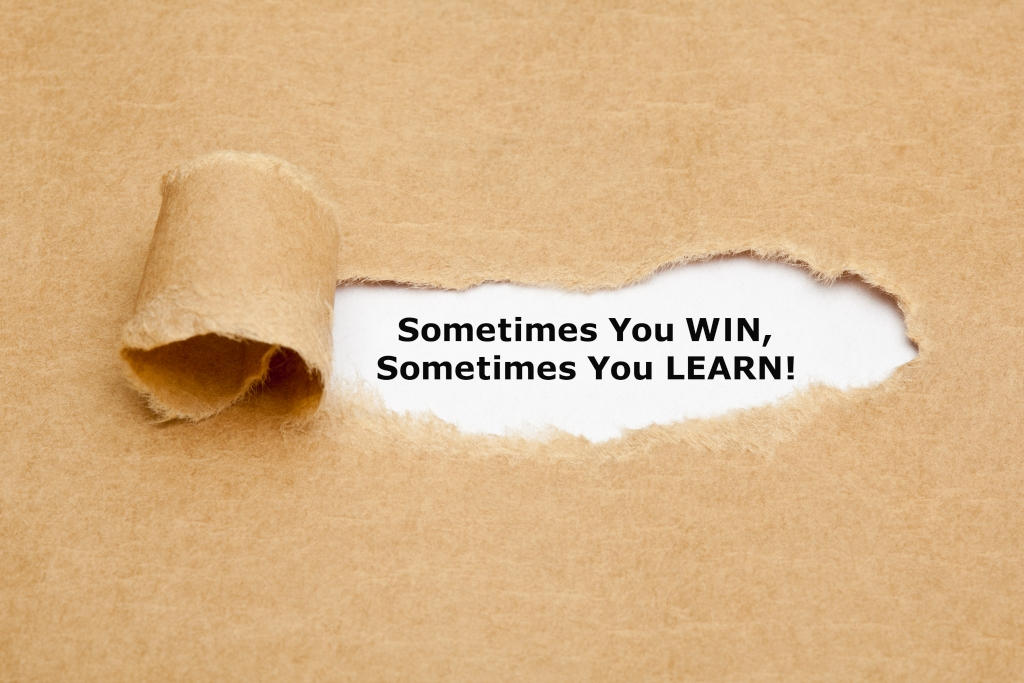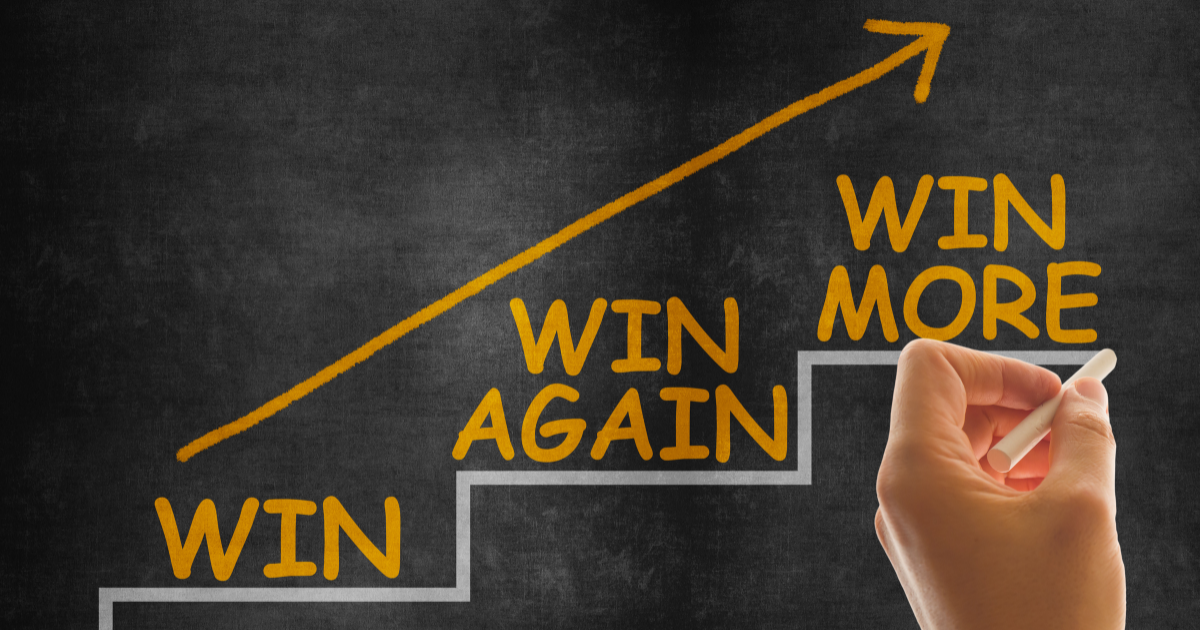 Livermore (speaking through the fictional character of Larry Livingston) complains how he’s made a series of trading mistakes that cost him a lot of money, although he wasn’t completely wiped out. The losses, he admits, were painful but educational:
Livermore (speaking through the fictional character of Larry Livingston) complains how he’s made a series of trading mistakes that cost him a lot of money, although he wasn’t completely wiped out. The losses, he admits, were painful but educational:
“There is nothing like losing all you have in the world for teaching you what not to do,” he says. “And when you know what not to do in order not to lose money, you begin to learn what to do in order to win.”
After going broke three times in less than two years, Livermore has this advice: “Being broke is a very efficient educational agency.” He says that you learn little from your winners because they often take care of themselves. It’s the losers that will teach you lessons to last a lifetime. And as long as you don’t make the same mistake twice, you always have the opportunity to trade another day.

 Building
Building  eing a loser is not easy.
eing a loser is not easy.